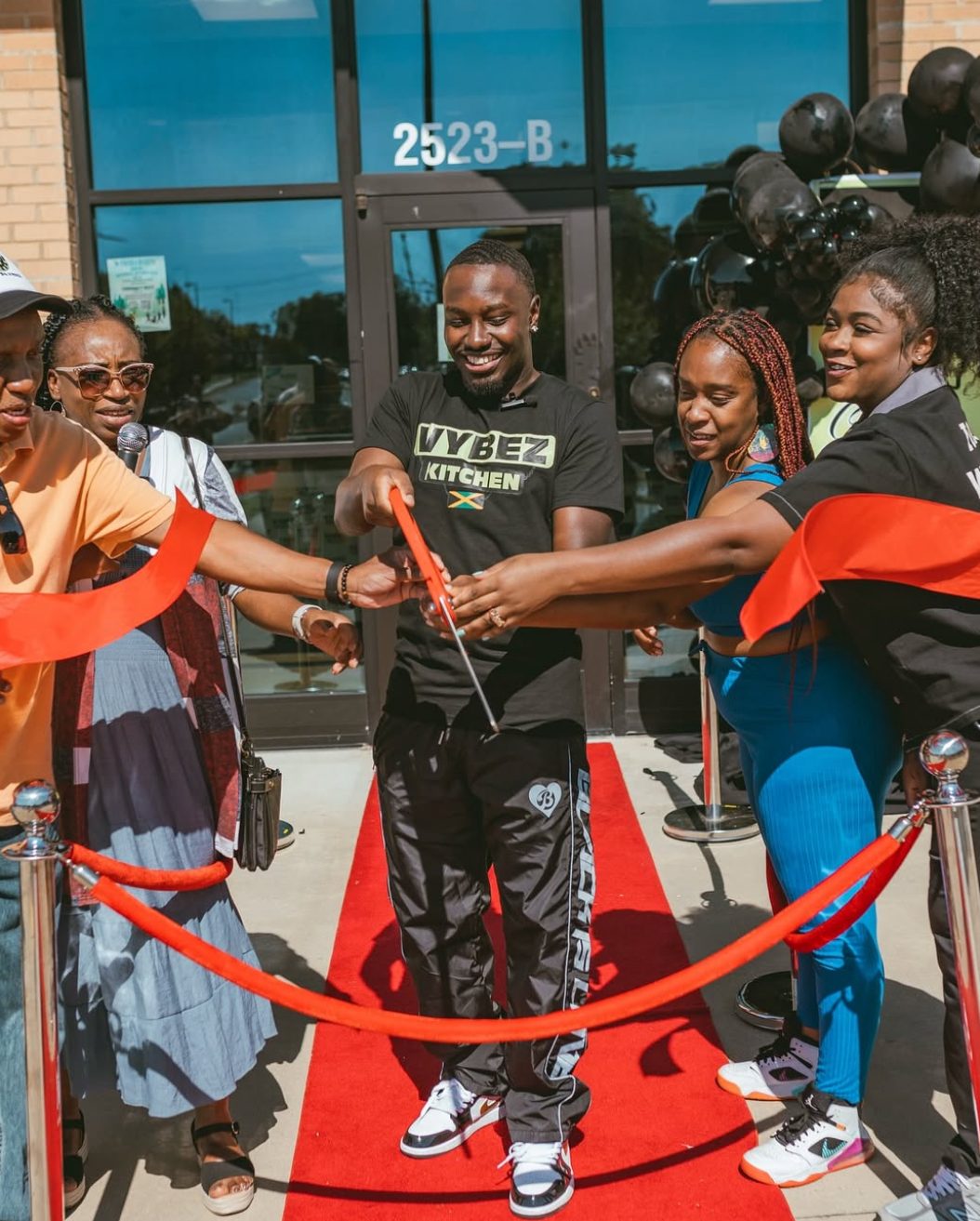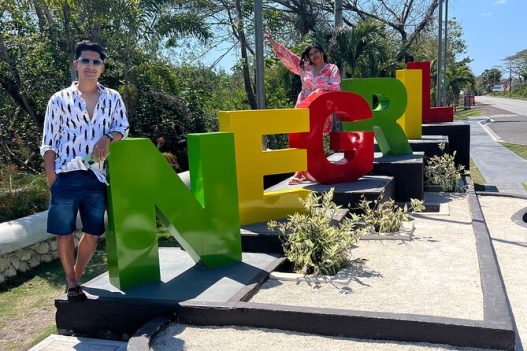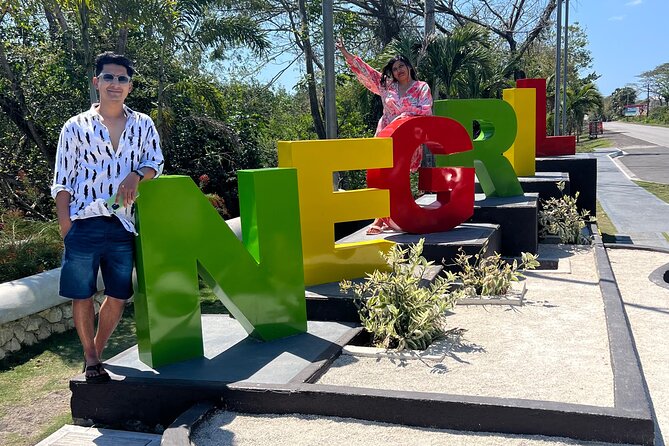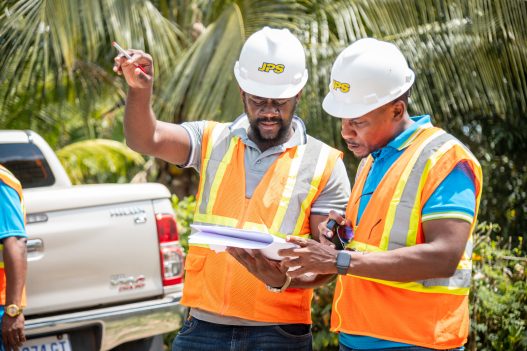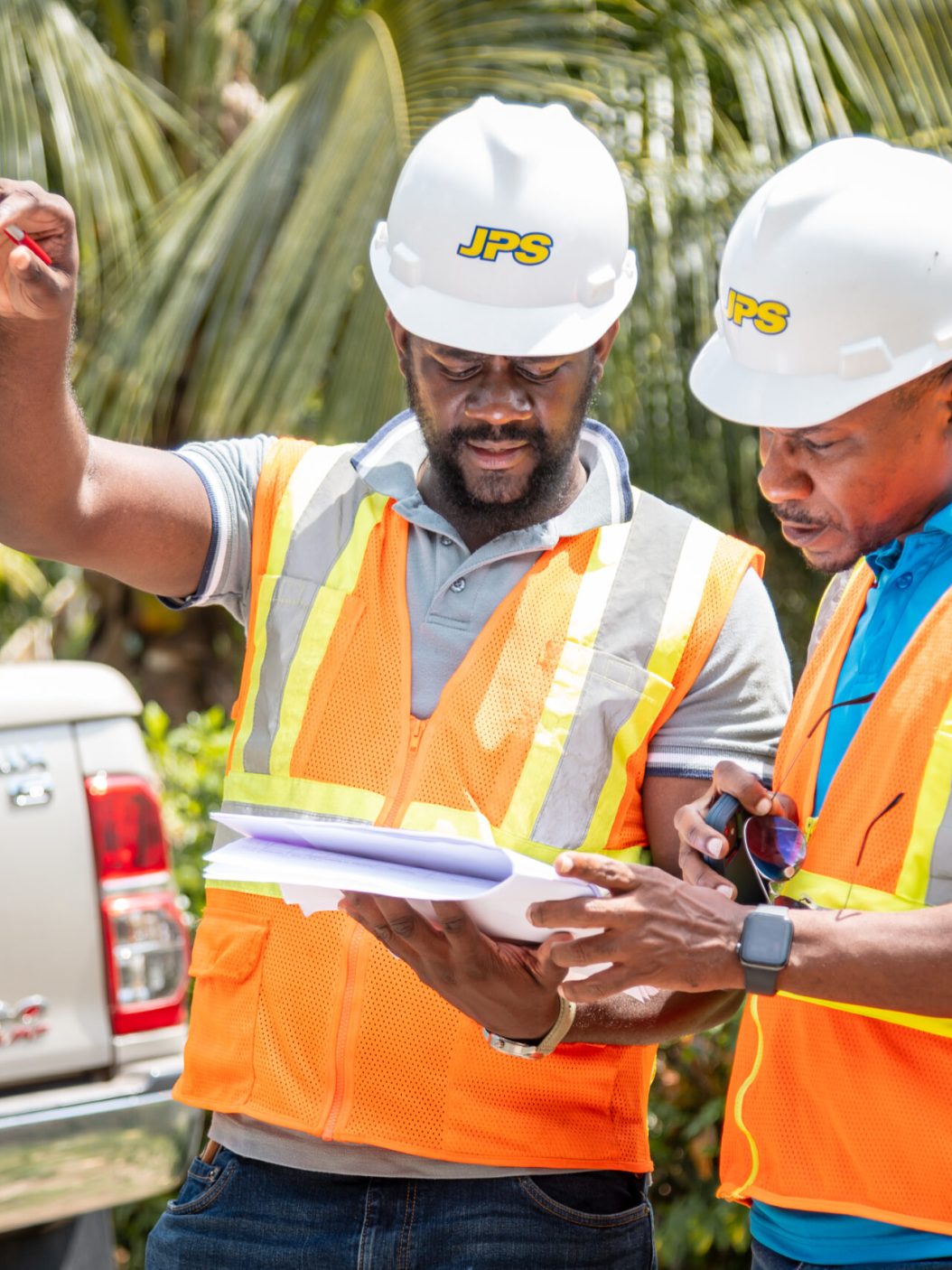Thinking about studying abroad?
Your Instagram, TikTok, or Twitter could now affect your student visa.
New visa rules are making waves — and not the fun kind. If you’re applying for a student visa, you may be required to make your social media accounts public for review. Yes, public. That means what you post, like, or even who you follow could be up for scrutiny.
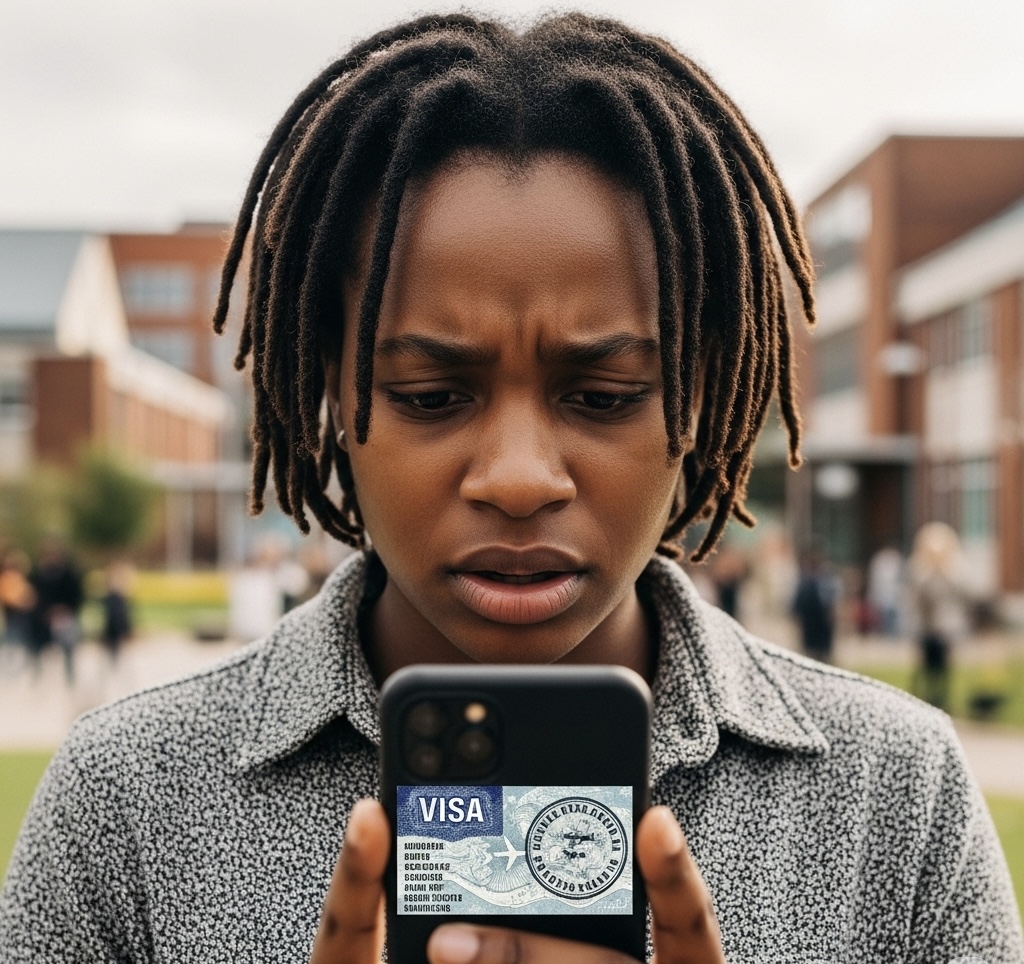
Recent announcements from the U.S. State Department confirm that social media screening will be a mandatory part of the student and exchange visitor visa application process. This means that applicants for F, M, and J nonimmigrant visas will be asked to make their social media accounts public.
Here’s what you need to know:
Public Access: Consular officers will be reviewing public social media profiles for information to help establish identity and determine admissibility to the United States.
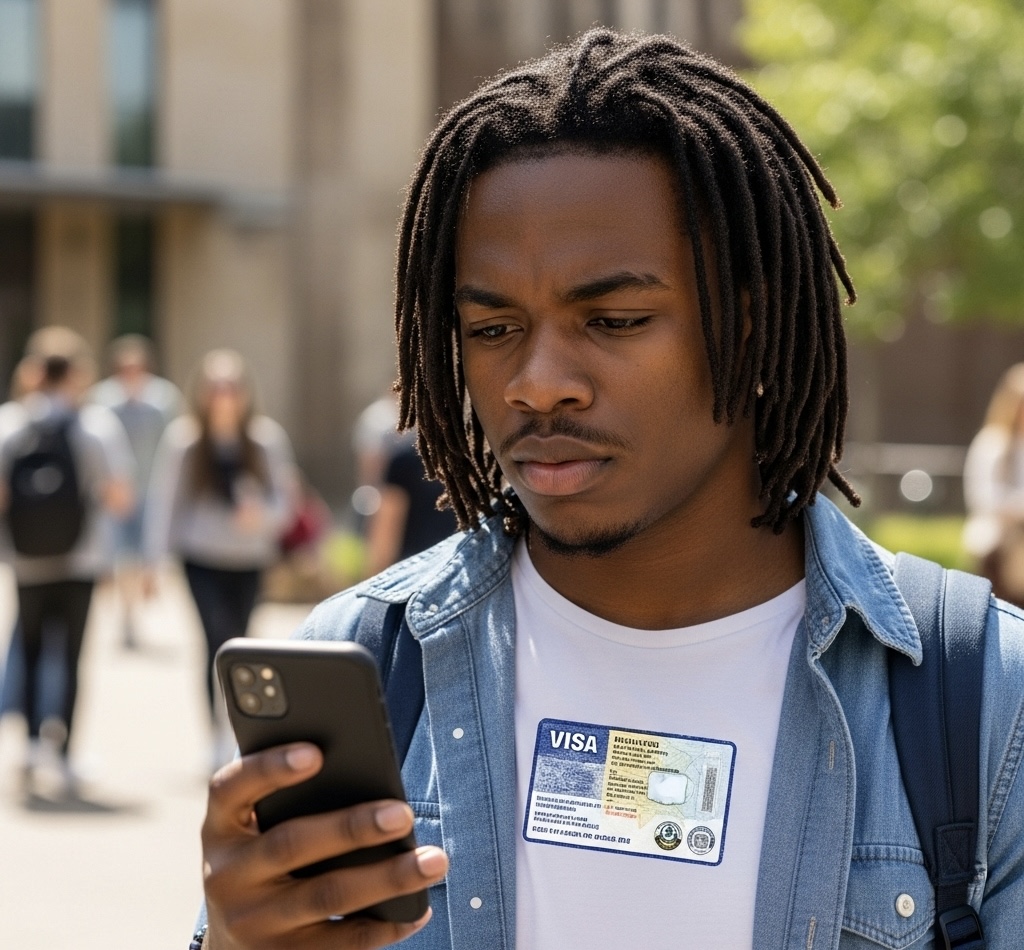
Vetting for Hostility:
The screening process includes looking for content that might be deemed “hostile” to the U.S., its citizens, culture, government, institutions, or founding principles.
What Could Be Scrutinized:
This could include posts, likes, group memberships, and interactions on various platforms. The focus extends to content from the past five years.
Consequences of Refusal:
Refusing to make your social media accounts public could lead to your visa application being denied.
Purpose:
The stated goal is to enhance national security and ensure that individuals entering the US do not pose a threat.
Beyond Social Media:
The vetting process can also include other online resources and databases.
Recommendations for Jamaican students (and others applying for US student visas)
Review Your Online Presence: It’s crucial to review all your social media content and online activity, Be mindful of the content you share and how it could be interpreted.
Set Accounts to Public:
If you proceed with your application, you will need to adjust your privacy settings to public.
Be Prepared to Discuss Content: During your visa interview, be ready to address any questions regarding your online activity.
Seek Guidance:
Educational consultancies and official embassy resources can provide guidance on navigating these new requirements.
Be Patient: Enhanced screening may lead to longer visa processing times.
Please note: This is a dynamic situation, and it’s essential to stay informed about the latest developments and requirements. You should always refer to official sources, such as the U.S. Embassy in Jamaica website, for the most up-to-date information.














